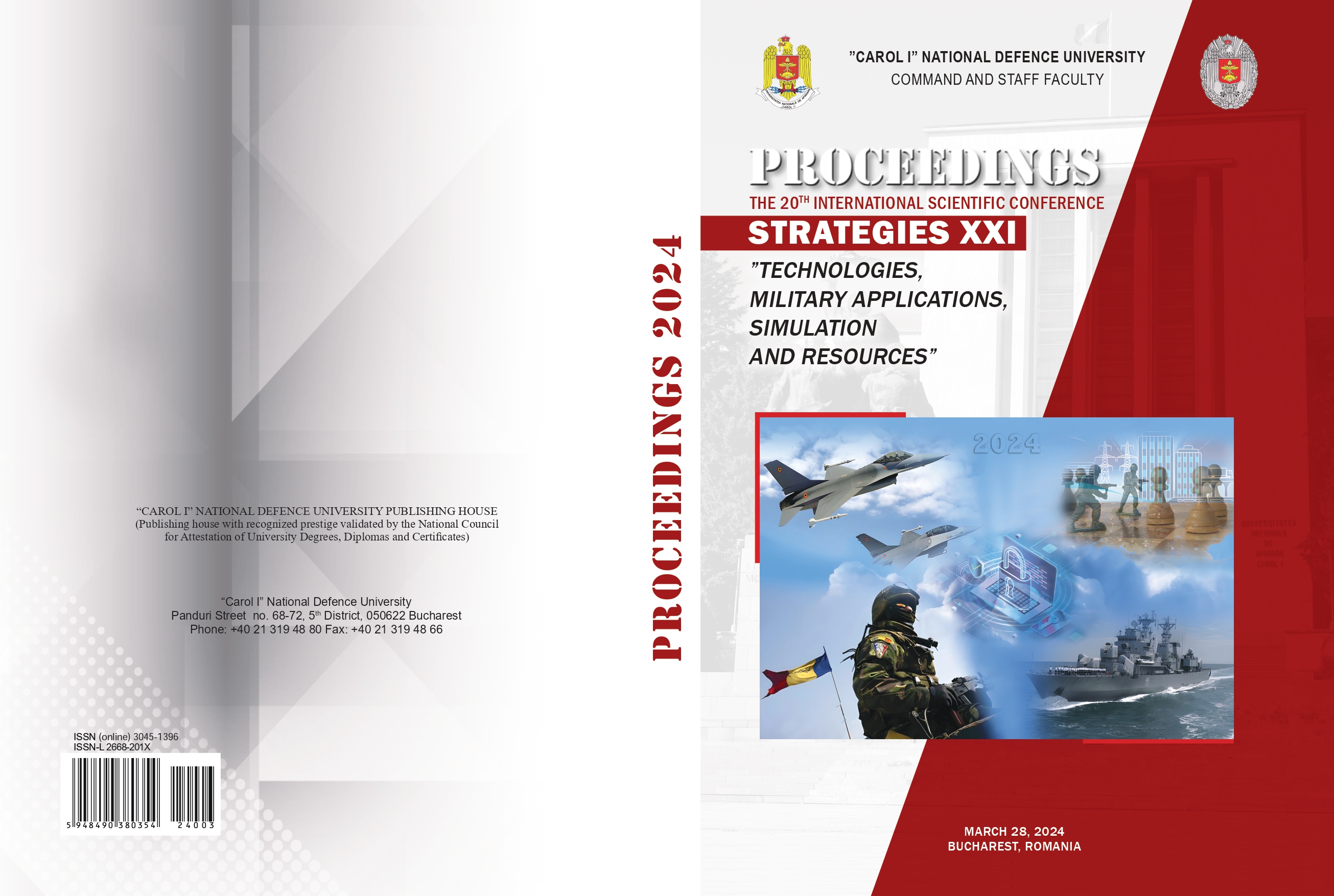NATO-RUSSIA CONCEPTUAL DIFFERENCES RELATED TO HYBRID THREATS IN THE MARITIME DOMAIN
NATO-RUSSIA CONCEPTUAL DIFFERENCES RELATED TO HYBRID THREATS IN THE MARITIME DOMAIN
Author(s): Adrian Ionuț BĂLAN, Remus Daniel PINTILII
Subject(s): Social Sciences
Published by: Carol I National Defence University Publishing House
Keywords: threats; hybrid; maritime; NATO; Russia.
Summary/Abstract: The purpose of this article is to analyze the conceptual and strategic differences between NATO and Russia regarding the management of hybrid threats in the maritime domain. It emphasizes how the two entities perceive and approach maritime security, highlighting the contrast between NATO's approach, which is centered on collective defense, democratic principles, and international cooperation, and Russia's strategy, focused on the use of force and hybrid tactics to extend its influence and challenge the existing international order. The article underscores the importance of dialogue and international cooperation in effectively addressing security challenges in an increasingly globalized and interconnected maritime environment. It argues that confronting hybrid threats requires a multidimensional and flexible perspective, capable of integrating various capabilities and promoting innovative solutions to ensure maritime security and prevent the escalation of tensions. Through this comparative analysis, the article contributes to the understanding of the complexities and dynamics of current maritime security, emphasizing the need for a proactive and adaptable approach to navigate the landscape of international security marked by hybrid threats and increasing geopolitical tensions.
- Page Range: 342-352
- Page Count: 10
- Publication Year: 2024
- Language: English
- Content File-PDF

